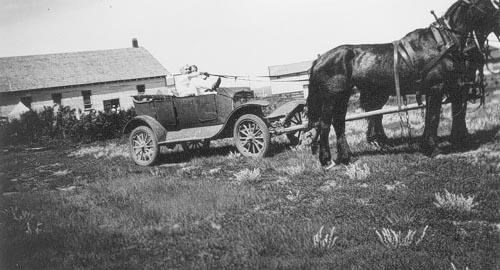For many people whose lives have been turned topsy-turvy in recent weeks, the current COVID-19 crisis reveals all too clearly the long-recommended wisdom of having enough savings stashed away to live on for at least six months.
But few of us have such generous contingency funds — or any extra funds. A survey conducted for insolvency firm MNP Ltd. in December showed that 46 per cent of Canadians are just $200 or less away from financial insolvency at month-end. Living paycheque to paycheque, almost half of us were already dreading increases in rent, strata fees, interest rates, cost of groceries, child-care fees, or illness and short-term layoffs months.
Then along came a wily, highly contagious virus called COVID-19 to send waves through high-wire financial balancing acts so many of us have been engaged in.
The situation can only be worse now.
The lucky people are those employees asked to work from home or to stagger their hours physically spent at the office. They’re still employed and receiving regular pay. Also lucky are those whose employers provide paid leave for illness and family emergencies or have enough resources and a supportive culture to top-up employment insurance benefits during crises like this one.
The less fortunate are those with little or no safety net — those who have been laid off because the pub, restaurant, shop, daycare, or tour company where they worked has had to close. Those whose finances rely on seasonal work or freelance gigs now curtailed. Those whose own businesses have been shuttered by government order or stalled by sudden lack of custom.
Nine decades ago, a series of unfortunate events, starting with the 1929 stock market crash, created the decade-long Great Depression.
Banks failed, and monetary and global economic policies collapsed. Compounding that crisis, a decade-long drought struck the prairies, withering crops. Grasshoppers ate whatever plants did manage to grow, and windstorms blew topsoil away in towering black clouds of dirt.
Hundreds of thousands of people across the continent lost their jobs, lost their homes, went hungry, and even abandoned their families to search for work or food or hope.
Even here in Canada, people starved.
No employment insurance softened the blow. There were no publicly funded health care, no food banks, no welfare. Local communities provided the only safety net. Churches supported their parishioners as best they could. Neighbours helped when and how they were able, knowing that the tables could turn quickly and good deeds done one week could be repaid in need the next.
Governments set up camps for unemployed men, including one based where Victoria International Airport now stands. In exchange for long days clearing brush, planting trees, building roads, and other hard labour, the men at these camps received two or three plain meals a day and very basic shelter to sleep in. The camps came with fences and strict rules, which would be unenforceable today.
We live in a completely different world.
For the current crisis, the additional relief recently approved by Parliament and the B.C. legislature will soften the blow for many individuals, families and businesses. The Bank of Canada’s lowered interest rates and the province’s rent protections will help, too.
The crisis is also spurring us to find our own community spirit. People are checking up on vulnerable neighbours by telephone and email. They’re buying and delivering groceries for those in quarantine. They’re adhering to the provincial health officer’s directives for social distancing for the greater good.
They’re also donating time, money and goods to help other community members weather the crisis — including donating to the Rapid Relief Fund, initiated by the Times Colonist, Victoria Foundation and Jawl family two weeks ago.
Nobody knows how long the COVID-19 crisis will last. It might end by summer, or successive waves may prolong it over the next year or two. Although the pandemic itself won’t rival the Depression — Dust Bowl’s duration, the economic recovery afterwards might take several years. Whether a person or family or business has a contingency fund to draw on or not, the hardship is just as real to those affected.



